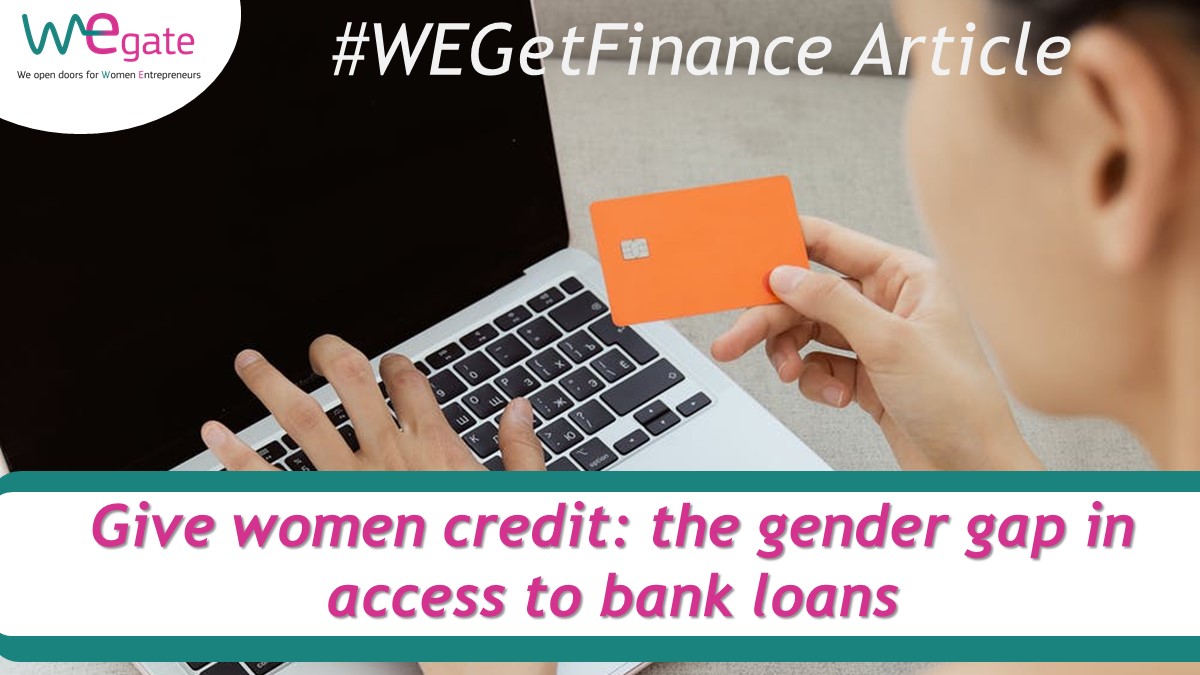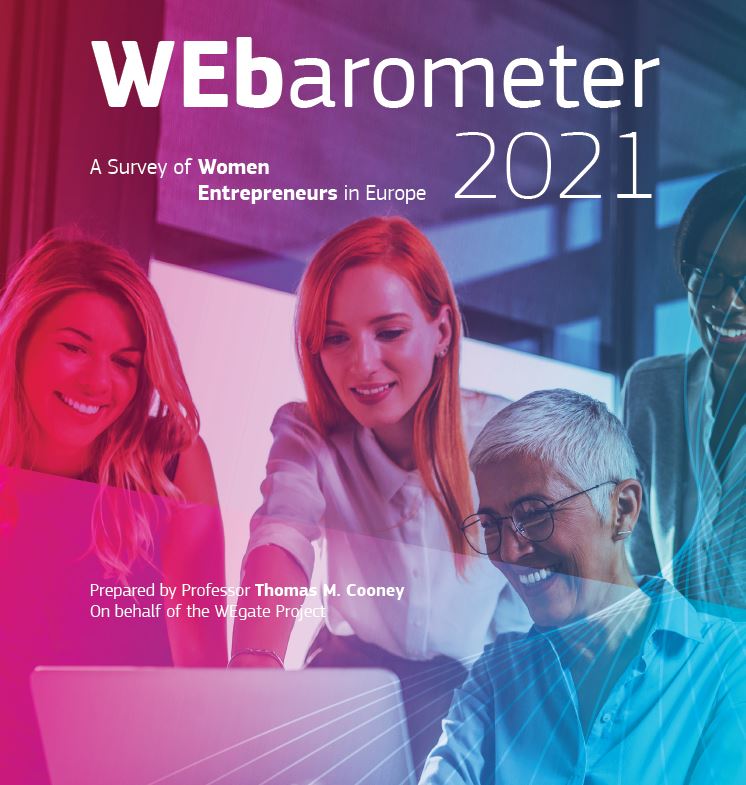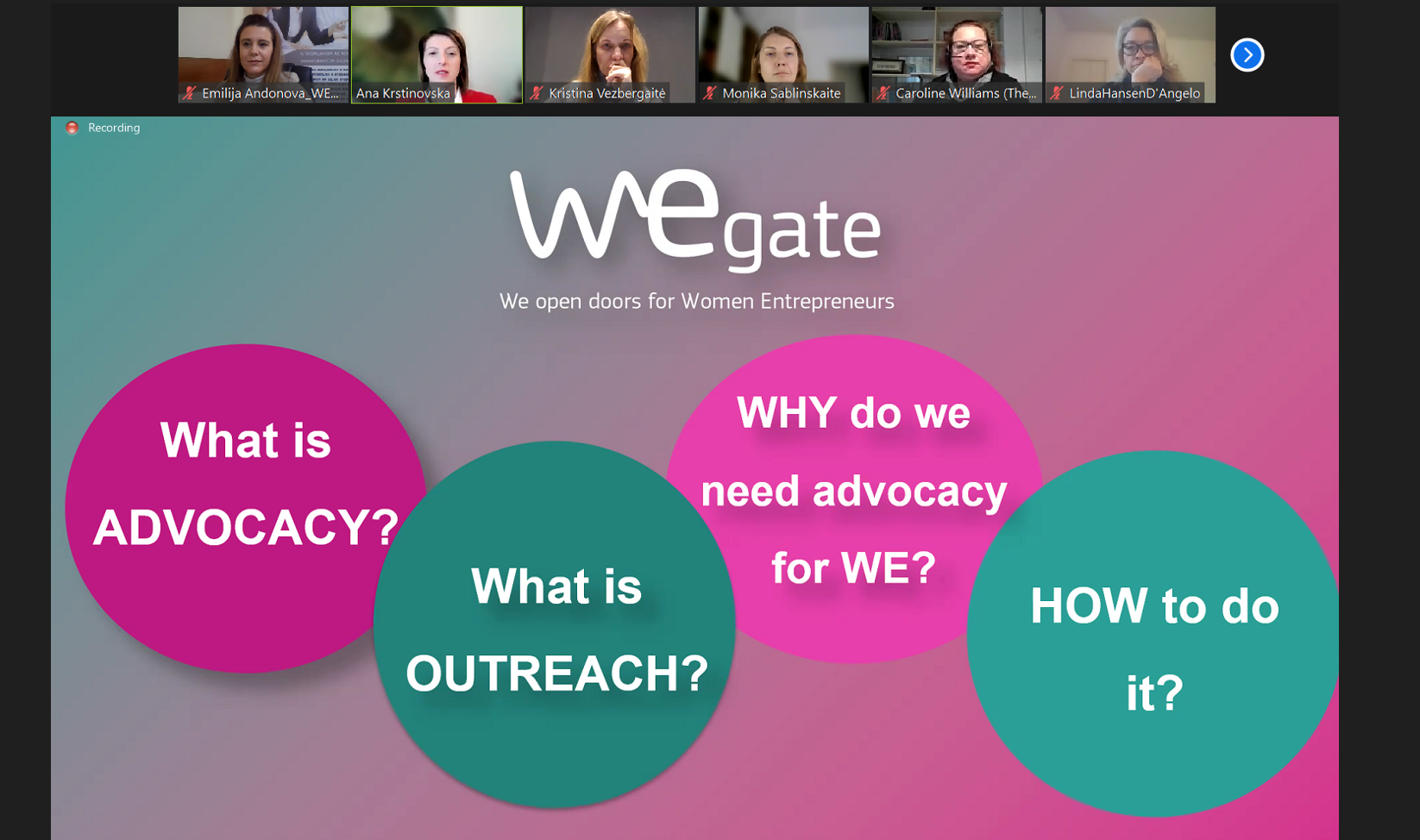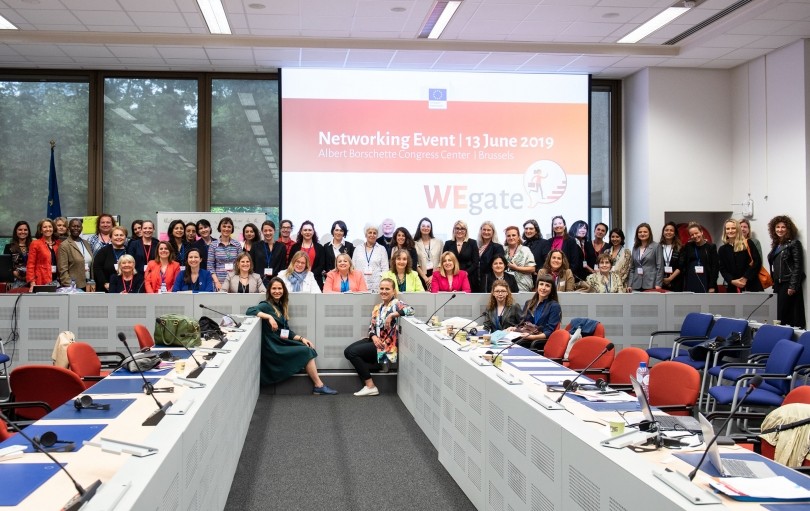
Disclaimer: This information was extracted from the section Give Women Credit, The experiences of Women’s World Banking and its microcredit services in Spain; special programme for women who lack collateral by Inger Berggen, President of the Women’s World Banking (Spain) published in the paper Access to finance and ICT for Women Entrepreneurs in the UNECE Region, UNECE, 2004, that can be found in full here.
While an older article, it is one of the best public studies in the sector and most of the points raised are still valid today, which is strong evidence of the need to improve the access of women entrepreneurs to bank credit lines.
Women represent more than 50% of the population but own only 1% of the total wealth. Many women around the world, in an attempt to combat poverty, turn to self-employment. This frequently involves the creation of a business for which bank loans are usually needed.
However, on a global level, women only have access to 3% of bank loans. Despite this discrimination, women have nevertheless shown that they can, in fact, be relied on to repay their loans. Of all women who have succeeded in getting a bank loan, only 1.6% have failed to make all repayments.
Many factors play a role in banks’ reluctance to lend to women
Why do banks show such little interest in women’s business proposals, when nearly 40% of new entrepreneurs in Europe are women? In part, their reluctance can be attributed to the fact that many banks believe that the loan solicited is too small, which means less profit for the banks (as it is just as expensive for them to arrange a small loan as a large one). However, there should be less risk associated with these loans, as women only apply for the amount needed to start their business, and should be able to repay the loan shortly after having started to generate sales.
In many cases, the bank asks women irrelevant questions about their personal situations (if she is married, has children, what her husband thinks about her business plan, how many hours she is planning to work, etc) – doubting their ability to run a real business. However, it must be noted that these personal inquiries are very often NOT made when men are asking for credit.
Furthermore, banks ask women to have more collateral than men. This creates another type of problem, as women tend to have, on a global scale, less access to assets like owning properties, and it has been statistically proven that they receive lower pay. Therefore, the majority of the time, women who want to start a business must have access to a bank loan and must ask a man to put up the collateral for them. It is very discouraging for these women to do so when in many cases the woman wants to avoid having to depend on a man in starting her business.
Another key reason why women are experiencing difficulties in obtaining bank loans has to do with how these banks view enterprises: they expect enterprises to quickly expand, employ, and generate profits. However, a large number of women-only start off on a small scale and do not have immediate expansion plans. Their enterprises are often only one-person businesses. But in order to promote the future growth and profit potential of women’s businesses, banks should not be denying loan applications, but rather encouraging women to create their own businesses. In turn, these women will be setting a precedent and giving confidence to other women who have larger, more innovative business goals, or who dream of expanding their business plan but are afraid of not receiving a large enough loan from banks.






